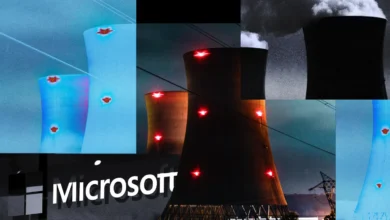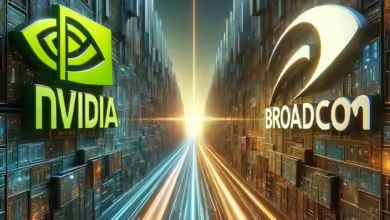US-China Tech War: Escalation Expected Regardless of Trump or Harris Victory
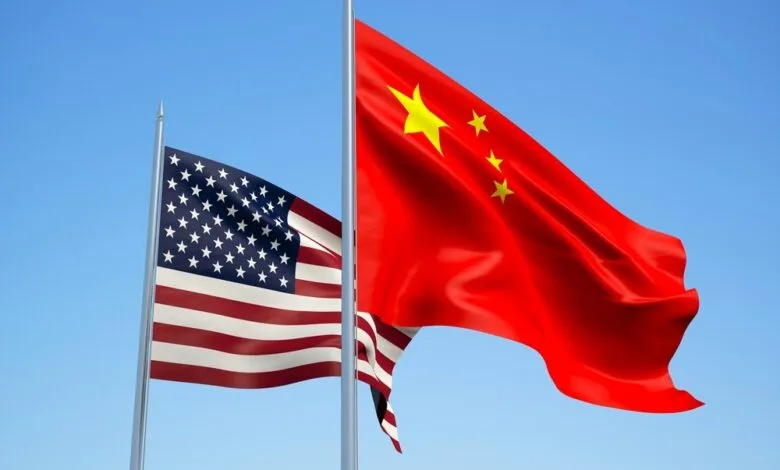
As the 2024 US presidential election approaches, the competition for technological superiority between the US and China heats up. Whether Kamala Harris or Donald Trump is elected president, one thing is certain: the tech war between the United States and China will intensify. This fight, which revolves around control over crucial technologies such as semiconductors, artificially intelligent technology (AI), as well as 5G networks, is more than just a matter of economic dominance; it is also an international conflict that will determine global power dynamics.
This article dives into the reasons for the tech battle, the future features of the rivalry, and why it is likely to flare up regardless of who enters power in 2024.
Table of Contents
Why the US-China Tech War Is Happening
The origins of the US-China tech war may be traced back to a number of interconnected issues, including competition for technological supremacy, worries about national security, as well as broader political disputes between the superpowers.
1. National Security Concerns
Concerns about national security also fuel the tech conflict. The United States is accusing Chinese technology businesses of espionage, alleging that Huawei and other companies gathered information for the Chinese state. As a result, Chinese technology was prohibited in vital fields like 5G infrastructure, and Chinese investments in American tech companies were subject to stricter regulations.
China has responded by accusing the United States of stifling competition under the guise of national security. The digital cold war, which has no end in sight, is the result of both nations placing limitations on each other’s businesses.
2. Technological Leadership
The tech war revolves around a struggle for dominance in important developing technologies. China has been open about its goal of dominating the globe by 2030 in advanced manufacturing, AI, 5G, and quantum computing. The “Made in China 2025” strategy aspires to transform China from a low-cost manufacturing powerhouse to a global leader in the technology sector.
The United States, on the other hand, continues to be the world leader in technology, with companies like Apple, Google, as well as Intel. The quick ascent of Chinese digital companies like Tencent, Alibaba, and Huawei, however, has presented a big obstacle. The United States sees China’s technical advancement as a danger to both its economic interests and its global power.
3. Geopolitical Rivalry
The US-China technology conflict reflects deeper geopolitical tensions. As China’s economic and military clout rises, the US sees its dominance challenged. That power struggle is reflected in this tech competition, as both countries aim to establish themselves as the dominant superpowers in the world.
What Could Change with Trump or Harris?
The result of the 2024 US presidential election will surely influence the tone & tactics of the tech conflict, but it is unclear to change its course. What might happen with Donald Trump as well as Kamala Harris is as follows, along with the reasons why the dispute will go on regardless of the outcome:
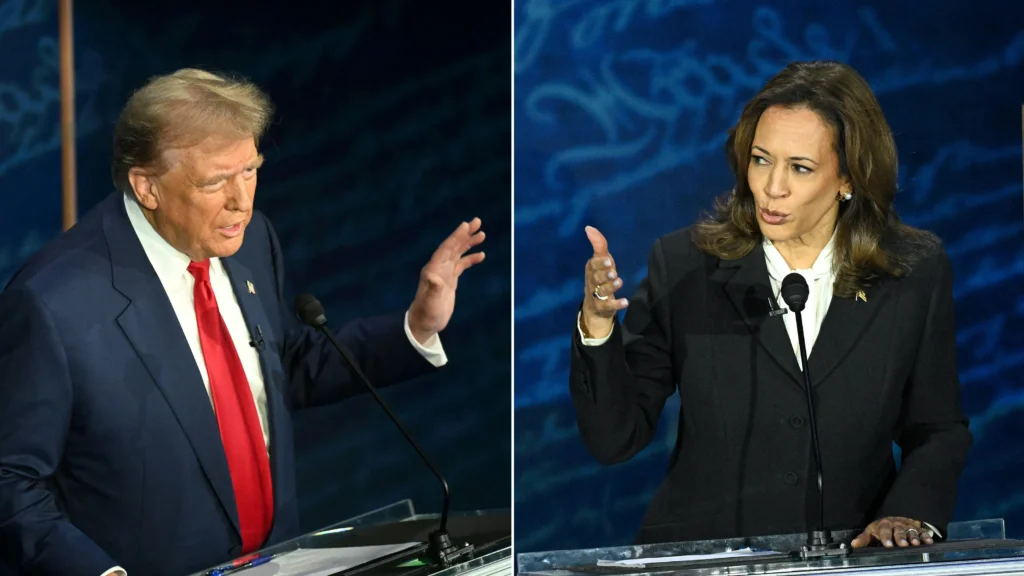
Trump’s Tech Strategy: Decoupling & Confrontation
The result of the 2024 US presidential election will surely influence the tone & tactics of the tech conflict, but it is unclear to change its course. What might happen with Donald Trump as well as Kamala Harris is as follows, along with the reasons why the dispute will go on regardless of the outcome:
Harris’ Approach: Strategic Competition and Cooperation
The U.S.-China digital battle, however, would probably be approached more nuancedly by Kamala Harris. Harris has stressed the value of cooperating with partners to fight China’s influence, even as she has backed President Biden’s policies, such as sanctions on Chinese companies and limitations on the export of semiconductors.
A Harris administration may see increased global attempts to counter China’s technological ascendancy, including closer collaboration with South Korea, Japan, and the EU in fields like cybersecurity and artificial intelligence. However, Harris, like Biden, would face internal pressure to restrict China’s access to important US technologies, implying that the digital war would continue, even if her policy is less combative than Trump’s.
Key Battlefronts in the US-China Tech War
- 5G and Telecommunications
Another major battleground is the contest to regulate the global deployment of 5G networks. Despite being at the cutting edge of 5G technology, the Chinese electronics firm Huawei has been accused by the United States of posing a security risk because of its purported connections to the Chinese state.
It’s likely that Trump and Harris will keep working to reduce Huawei’s power in international 5G networks. Under Trump, we should expect more active efforts to prevent Huawei from offering goods its products to US friends, while Harris may collaborate more closely with friends to provide alternatives to Huawei’s 5G technology.
- Semiconductors
The conflict between the United States and China over semiconductors, the small chips that drive everything from cellphones to supercomputers, is one of the most important fronts in the digital war. China relies heavily on foreign semiconductors, particularly those from the United States and Taiwan, and has committed billions of dollars in developing a homegrown chip sector.
The United States has pushed to restrict China’s access to breakthrough semiconductor technology. Both Trump and Harris are likely to maintain the Biden administration’s restrictions on exporting chips and equipment used in chip manufacturing to Chinese companies. In order to limit the export of cutting-edge semiconductor technology to China, the United States has also put pressure on its allies, including Japan and the Netherlands.
- AI and Quantum Computing
In the IT fight, quantum computing and artificial intelligence are becoming key technologies. China is quickly overtaking the United States as the leader in AI development, thanks to large investments in AI applications and research. The battle to master AI is about more than simply economic dominance; both countries are working to incorporate AI into their defence systems.
Another hotly contested field is quantum computing, which holds the potential to revolutionize industries ranging from banking to national security. To keep the United States at the forefront of quantum research and development, Trump and Harris would probably both make significant investments in this area.
Future Aspects: Where is the US-China Tech War Headed?
The long-term strategic rivalry between the United States and China will influence the global IT scene for many years to come. It is not only a passing feud. Here are some upcoming characteristics of this rivalry:
1. A Bipolar Tech World
It seems probable that a “bipolar” technological landscape will emerge as the tech war rages on, with China on one side and the United States and its coalition partners on the other. This might result in the development of distinct tech ecosystems with disparate software and telecommunications standards. Countries may be compelled to pick between US or Chinese technology, further fragmenting global supply chains.
2. Global Impact
The tech war between the United States and China will have far-reaching consequences, affecting economies and businesses far beyond the two nations’ borders. European, Asian, and African nations will have to carefully negotiate this new technical environment, striking a balance between their economic relationships with the United States and China and attempting to preserve their scientific independence.
3. Increased Innovation
Competition between the United States and China may also drive innovation in crucial areas. As both countries spend extensively in artificial intelligence (AI), quantum computing, & renewable energy technology, we should expect rapid progress in these areas. But the tech war may also hinder international cooperation in research and development, especially in fields like climate technology and AI ethics.
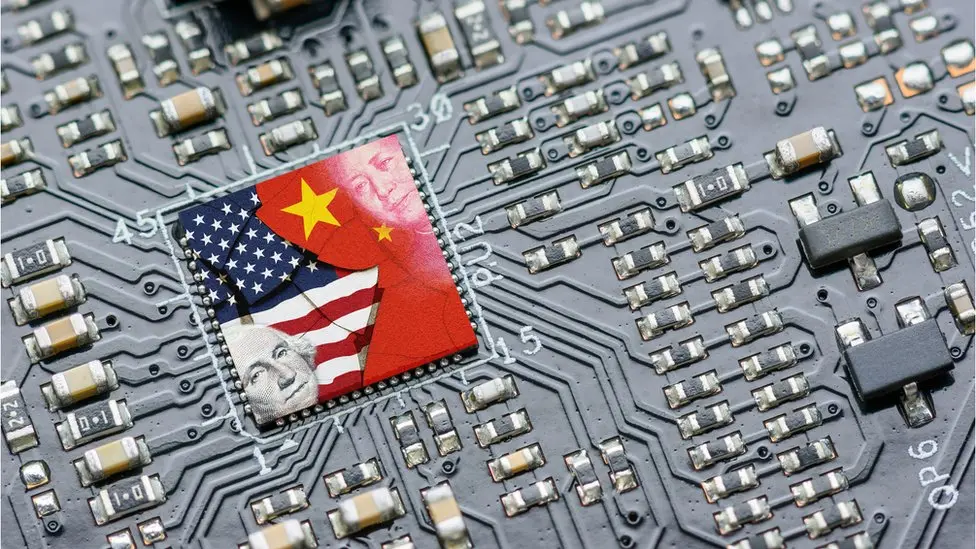
The Tech War is Here to Stay
No matter who wins the 2024 election—Kamala Harris or Donald Trump—the U.S.-China digital conflict will go on. This rivalry goes beyond money to include worldwide influence and control over the direction of technology. As the globe observes the next stage of the digital war, it is evident that the rivalry between these two titans will influence the political, economic, and technological landscape for many years to come.
People also Reading
Quantum Computing: The Next Tech Frontier Poised to Transform Industries
The Rise of Humanoid Robots: Shaping the World of Tomorrow

